Comment peux-tu rester la même personne après le succès rencontré par Wanted on Voyage ?
Sans y penser. Quand on est entraîné par les événements, on ne peut avoir conscience des proportions que prennent les choses. Si ce succès était arrivé à un ami, j’aurais vu tout cela de l’extérieur, cela m’aurais rendu hystérique pour lui… quand cela t’arrive à toi, l’extraordinaire devient ordinaire et tu fais avec. Et puis, de toute façon, je sais bien que tout cela peut disparaître comme ça (il claque des doigts). Le fait que le premier album ait si bien marché ne signifie en aucun cas que les suivants en feront autant. L’industrie de la musique est ainsi faite, au final, cela n’a pas vraiment d’importance pour moi. Si la musique m’attire autant, c’est parce que c’est un domaine subjectif. Je peux dire qu’un type de musique est meilleur qu’un autre, mais cela n’engage que moi. Je n’aurai ni tort, ni raison.
Discographie
First Aid KitComment ta façon d’écrire a-t-elle évolué entre les deux albums ?
J’ai surtout pris conscience des éléments que je préfère jouer en concert. Avant Wanted on Voyage, je n’avais pas mon propre public, j’assurais surtout des premières parties d’autre artistes. Lorsqu’il est sorti, tout a changé : j’ai pu faire mes propres concerts et accéder à des grandes scènes de festival. C’est à cette occasion que le public m’a montré quels morceaux – ou quelles parties de morceaux – il préférait reprendre durant mes concerts. Ces éléments me sont restés à l’esprit durant l’écriture de Staying at Tamara’s. Quand on compose ses propres titres, il faut savoir être égoïste. C’est toi qui devras chanter ces morceaux tous les soirs. S’ils ne te plaisent pas, chaque concert sera un calvaire.
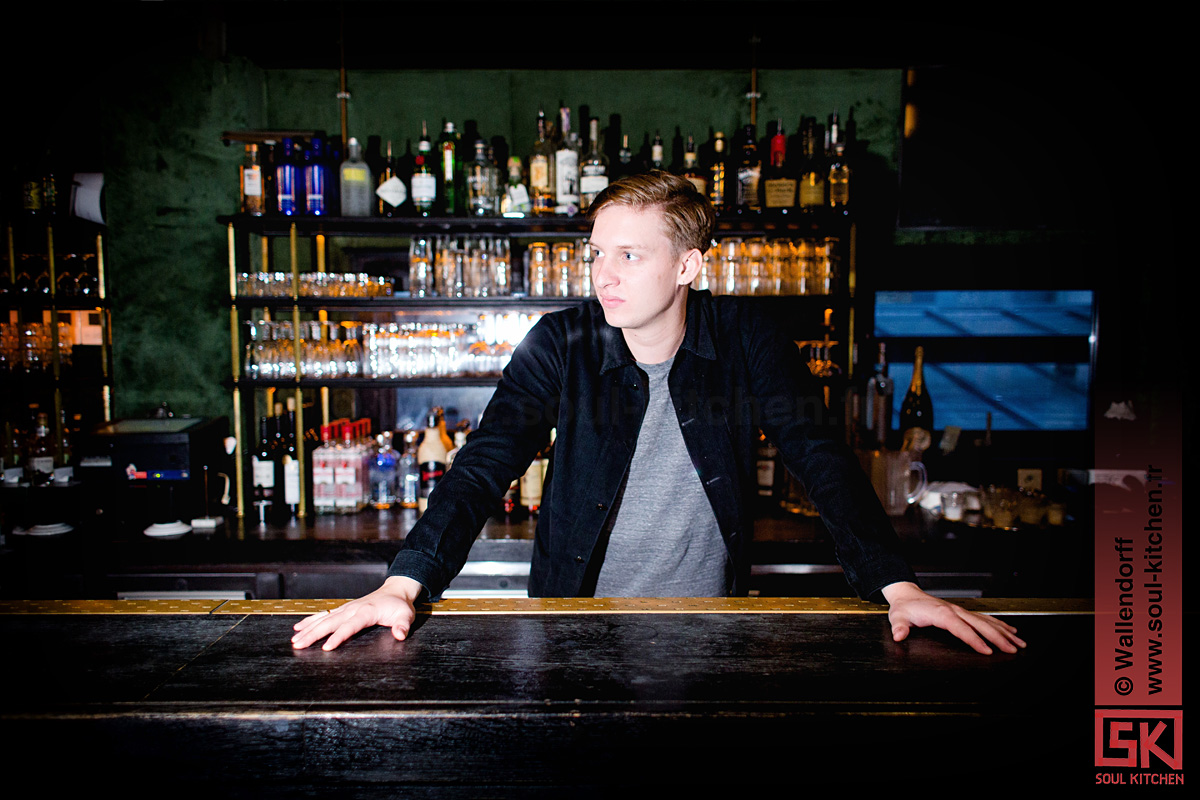
Qu’est-ce qui te pousse à partir de chez toi à chaque album ?
J’éprouve beaucoup de difficulté à me lever le matin et aller composer sur le canapé dans lequel j’ai maté la télé la veille au soir. Cela fait trop vrai. J’ai besoin d’ajouter de l’évasion à tout cela… tout particulièrement avec ce disque-ci. Lorsque nous avons achevé la tournée de Wanted on Voyage, début 2016, tout un tas d’événements plus ou moins sombres se produisaient dans le monde. Je recevais des notifications de sites d’infos sur mon téléphone au milieu de la nuit. Je me sentais impuissant face aux événements, ils commençaient à me faire stresser… alors j’ai décidé de mettre la plus grande distance possible entre ces événements et moi. Je me sens chanceux d’avoir pu le faire.
Et pourquoi Barcelone ?
J’ai composé le premier album en traversant l’Europe un mois durant et en ne m’arrêtant qu’une nuit dans chaque ville. Puis je suis rentré, je l’ai enregistré, il a bien marché… donc il a fallu partir en tournée. Et traverser l’Europe à nouveau. Et ne s’arrêter qu’une nuit dans chaque ville, à nouveau. C’est ce qui m’a poussé à faire le contraire, cette fois-ci. Partir de chez moi, mais sans vraiment voyager. Me délocaliser quelque part et ne plus en bouger. J’avais déjà visité Barcelone, qui m’avait beaucoup plu, sans pouvoir y passer plus de quelques jours ; j’ai décidé de m’y poser pour un mois. J’ai trouvé sur Internet une chambre à louer dans l’appartement d’une fille, Tamara. Cela me tentait plus qu’un hôtel, c’était sans engagement, alors je l’ai prise. L’appartement était bourré de vinyles, la chambre ne comportait qu’un lit, un bureau et un canapé. Tamara avait beaucoup d’amis de passage, des artistes, des musiciens, toute une communauté qui allait et venait dans son appartement en plein centre de la ville. Elle travaillait du lundi au vendredi, ce qui me laissait le champ libre pour écrire du matin au soir dans un calepin, prenant des notes sur tout ce que je voyais et tous ceux que je rencontrais. Tu ne peux pas imaginer à quel point c’était génial. C’était comme une vie d’étudiant : tu vis dans une ville, tu ne connais personne, personne ne te connaît, tu vis ta vie… c’est génial.
Ce titre, Staying at Tamara’s, fait donc référence à un endroit plutôt qu’à une personne ?
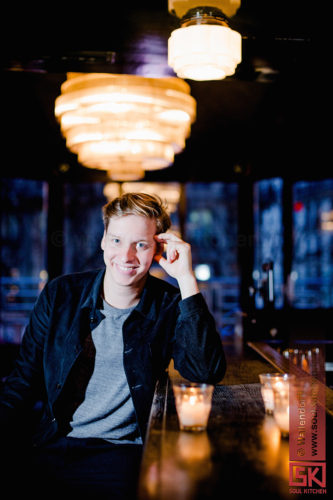
Il fait référence à un voyage, très important à mes yeux car j’ai besoin de contact humain. J’ai besoin de rencontrer des gens et de me sentir stimulé par les conversations que j’ai avec eux. Être à l’étranger, c’est devoir penser plus lentement. Quand on ne connaît ni la langue, ni la monnaie, ni le climat, quand tout est différent, on est plus attentif à ce qui se passe autour de soi. La plupart des morceaux que ce voyage a occasionnés furent écrits à mon retour. La musique parle souvent de voyages imaginaires… ceux-ci font l’inverse en évoquant un voyage qui a eu lieu, et cela fonctionne parfaitement à mes yeux.
First Aid Kit apparaissent sur Saviour. Comment cela s’est-il monté ?
Je les ai rencontrées lors d’un festival en 2015. Nous n’avons pu passer que 5 minutes ensemble, mais elles étaient super-sympas. Lorsque j’ai écrit Saviour, j’ai pensé « putain, celle-là sonnerait super-bien avec First Aid Kit dessus ». Je n’avais jamais proposé de collaboration avant, Saviour était une bonne occasion pour essayer. Elles ont tout de suite accepté, même si elles ne pouvaient pas venir jusqu’à mon studio. Elles ont enregistré leur partie dans leur cave, et voilà. Je n’arrive toujours pas à croire qu’elles sont sur mon disque.
George Ezra – Saviour (feat. First Aid Kit)
Comment définirais-tu Staying at Tamara’s ? Quel est à tes yeux le meilleur endroit pour l’écouter ?
Je dirais qu’il sonne comme moi, et que je n’ai pas cherché à cacher ce que je suis, ni ce que je fais. Il est mélodiquement plus ample, mais aussi moins synthétique (Wanted on voyage sonnait bizarrement, sur ce point). Staying at Tamara’s a un peu plus de chœurs. Pas des harmonies dingues, mais comme des chœurs de gang. Le public pourra m’accompagner plus facilement. C’est un album plus honnête que le premier. Écoutez-le en déplacement, ne serait-ce que pour aller au boulot. L’important, c’est de l’écouter en mouvement. Puisque c’est ainsi que j’aime écouter de la musique, je suppose que c’est ainsi que la mienne s’écoute le mieux.
English text
Ezra emerged 4 years ago with a first album, Wanted on Voyage, which had been written in the most beautiful way, while visiting a bunch of European cities by crossing the whole continent by train. This March sees the 23-year old songwriter coming back with a new effort, Staying at Tamara, which was, once again, written far from home. Soul Kitchen sat with Ezra to talk about dealing with success and remote songwriting.
How do you manage to stay the same normal person after the success Wanted on Voyage encountered?
When you are in the middle of it, you cannot realize all the things that are going on. If it happened to a friend, I would be like “what the fuck!? This is crazy!”. But yeah, when you are in the middle of it, it very soon becomes what you do. And I am aware it can disappear like that (he snaps his fingers). The first record being successful does not mean that every record I will write after that will be. That is how it works, and it is not even important. The reason why music appeals to me so much is that it is not competitive. I can say some music is better than some other is, but that is my opinion; I am not right, I am not wrong.
How different was the writing process of Staying at Tamara’s, compared to Wanted on Voyage’s?
The main difference was that, since then, I have learned what I like to play live. I did not have my own audience before the first album; I was only opening for other people. When it came out, I started having my own shows and all of a sudden, we were playing main stages at festivals. This is how we knew what the people liked to sing along… so I had that in mind when I wrote Staying at Tamara’s. When it comes about songwriting, you have to be selfish, because you are the one that will have to sing the songs every night. If you do not like them, you are ruined.
Why do you have to run away from home each time you write an album?
When I am home, I find it hard to wake up and sit to write songs on the same sofa I was watching TV on the night before. It feels too real. I need to add an element of escapism… especially with this album. We finished touring Wanted on Voyage at the beginning of 2016. There were many strange things going on all over the world. I was getting breaking news and notifications on my phone in the middle of the night, there was things happening on the other side of the world, I felt like I could not change them and I was stressing out… so I decided to put some distance between me and those events. I am lucky I am able to do that.
How did you pick Barcelona?
Before the first album, I traveled around Europe for a month and stayed in each town for a night. And then I recorded it, and then it was successful, which means I toured, which means I stayed in each town for a night again. This was the last thing I wanted to do this time. I needed to get away from home, but not travelling. I wanted to travel somewhere… then stay there. I had been to Barcelona before, I had much enjoyed it but could only stay there for a few days, so I decided that I would settle there for a full month this time. I found a woman, Tamara, who was renting a spare room on the Internet. It sounded better than a hotel, so I said “why not? If she’s crazy, I can leave”. I got there, and there were vinyl records everywhere. The spare room had a little bed, a little desk, a sofa and that was it. She had lots of musicians and artists friends, designers, a whole community coming to her apartment, which was in a central location so it was convenient for everyone. She would work Monday to Friday so I would spend my days working around, writing in a little notebook, on everything I saw and everyone I met. I cannot say how great it was for me. The closest thing I can link it to is being a student; you are in a town, you know nobody, nobody knows you, you are left alone, it is brilliant.
So is the album about a place or a person?
It is more about a trip, which was important because I need human contact. I need to meet people and to feel stimulated by the conversations I have with them. When you are in foreign environments, you have to think slower. You are not used to the language, the currency, the cuisine, the climate, everything is different and you end up being more aware of what is going on. Most of the songs that came from that trip were written when I came home. There are so many songs about dreaming to take yourself away… I did the opposite and it worked perfectly.
You have a featuring from First Aid Kit. How did that happen?
I met them at a festival in 2015. We spent only 5 minutes together but they were really sweet. When I wrote this song, Saviour, I thought “fuck, this should sound great with First Aid Kit on it”. I never approached anyone to feature on a track or anything from that kind before, and I thought this time I would try. They were more than happy to do it. Unfortunately, they could not come to the studio to do it, so I sent them the files and they did it in their basement, and I still cannot believe they are on it. It is amazing.
How would you define Staying at Tamara’s? Where is the best place to listen to it?
I think it still sounds like me and that I have not tried to hide who I am or what I do. It is a bit bigger sonically. It is a bit less synthetic (Wanted on Voyage is a weird-souding one). Staying at Tamara’s has a little more backing vocals, not like crazy harmonies, but gang vocals. There is more sing-along and it is more honest. Listen to it when you travel to somewhere, even if you are just commuting to work. Listen to it when you are on the move. It is how I like to listen to music the most, so I assume that is how my music is best listened to.

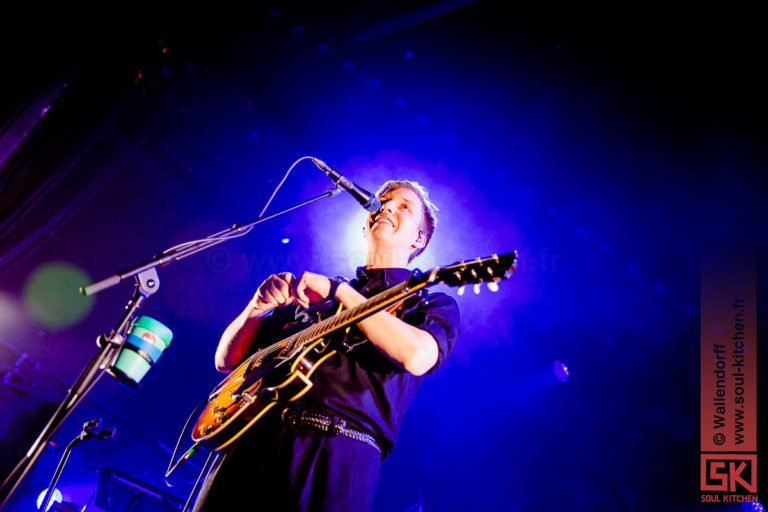
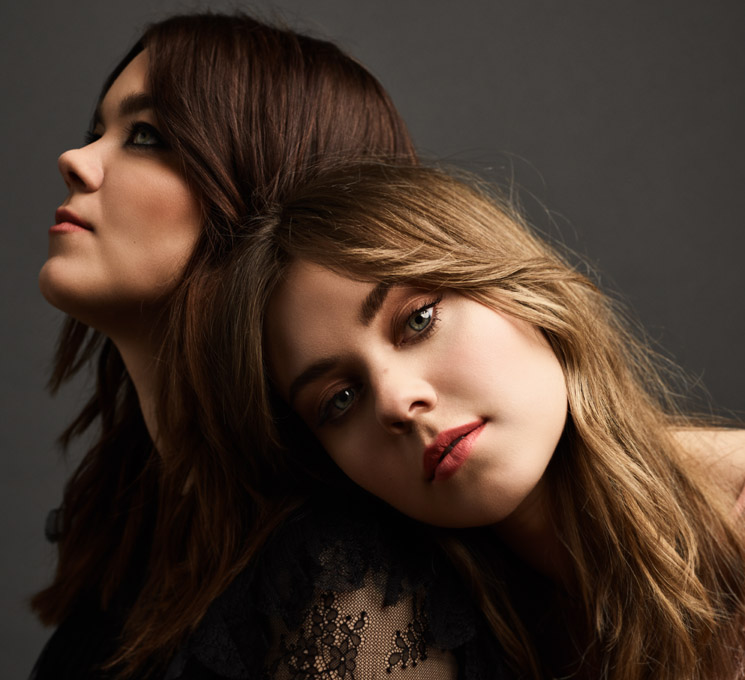
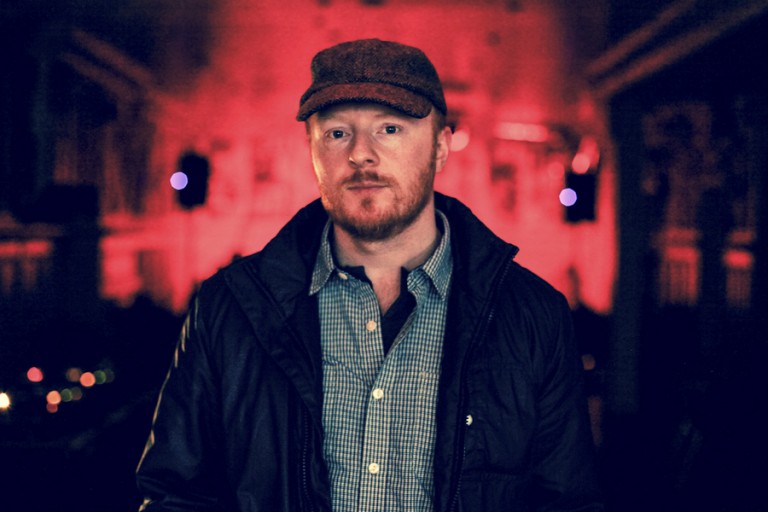
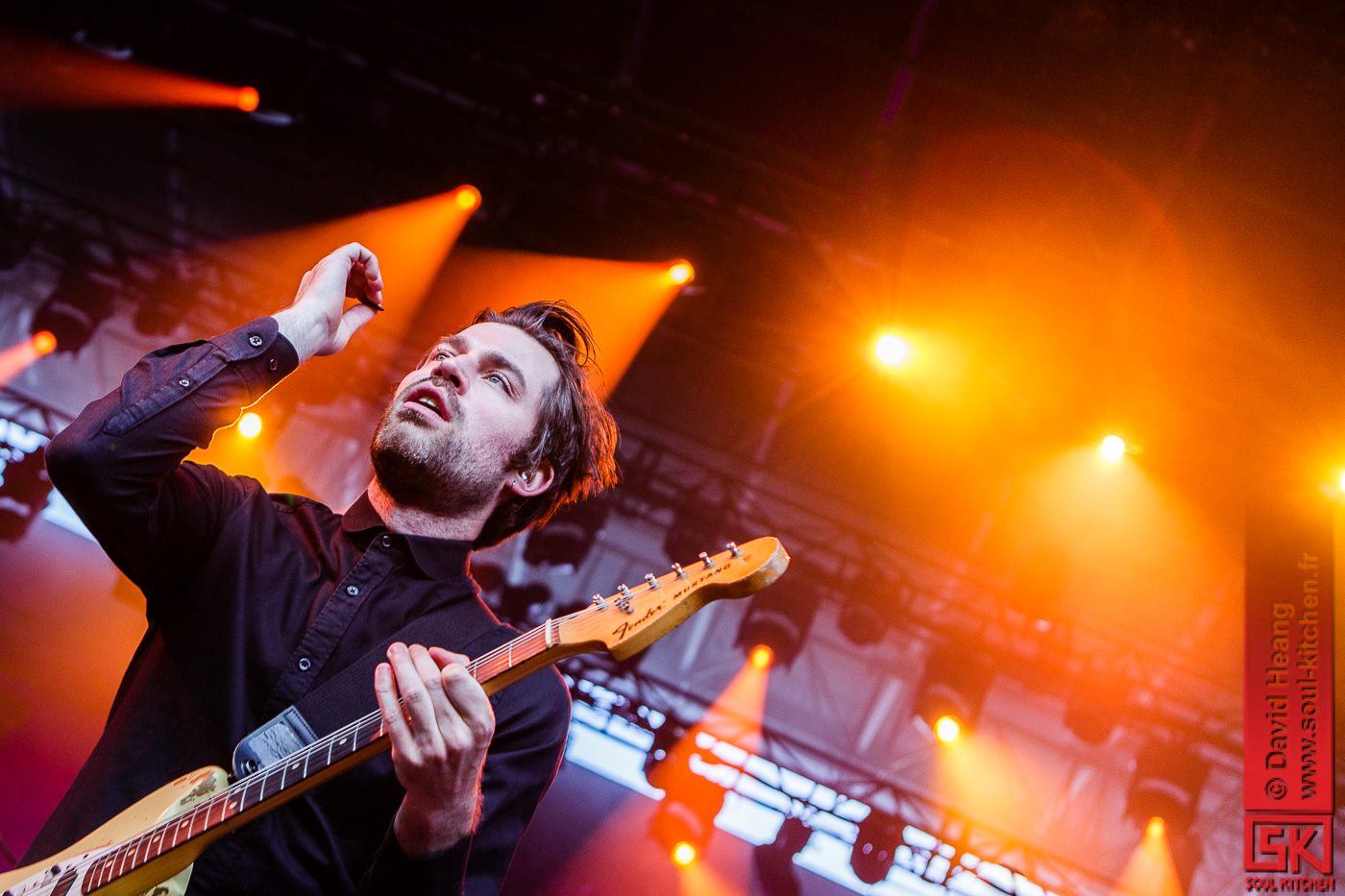
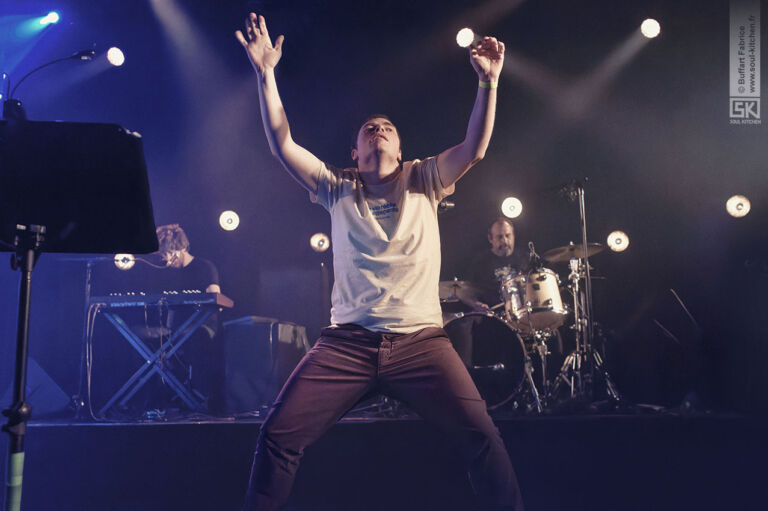
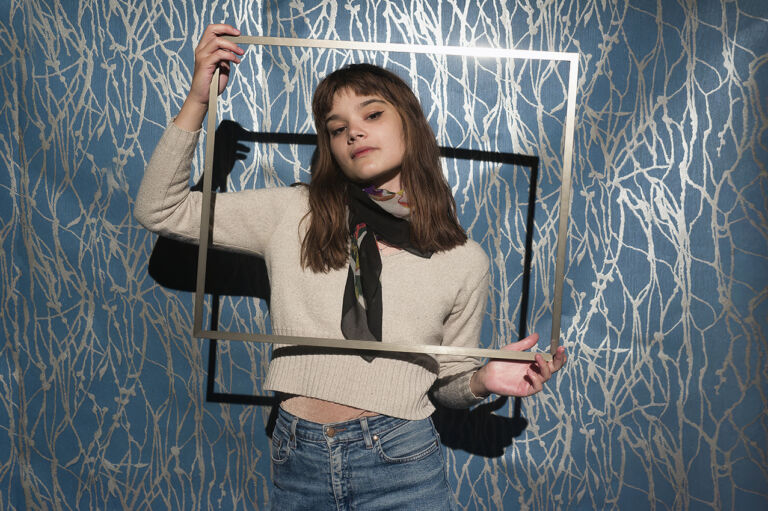
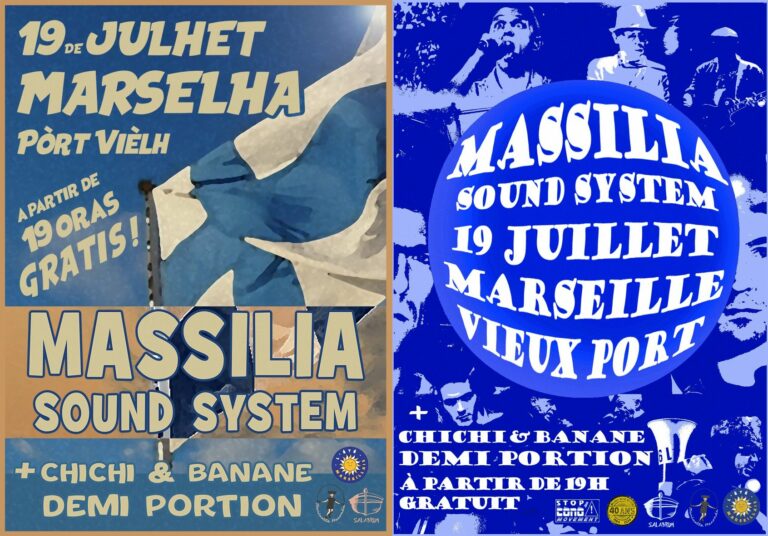
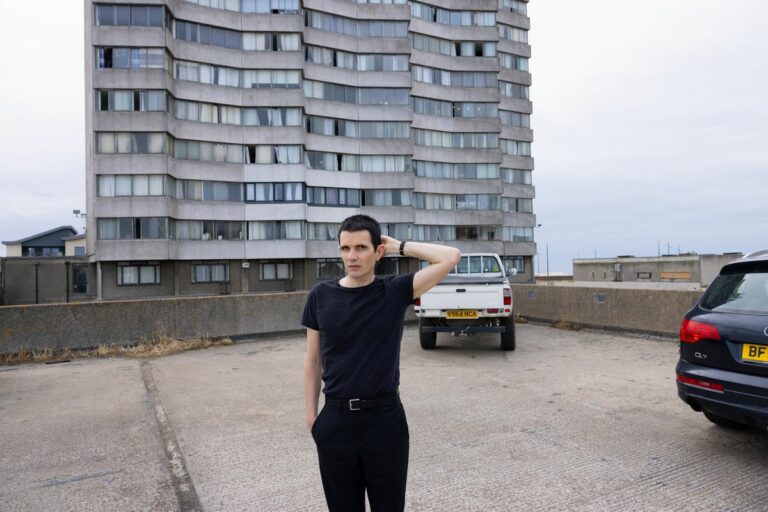
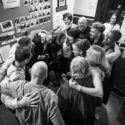 Violette’s Party
Violette’s Party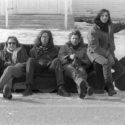 [Micro-Photos] Et les Jayhawks arrivèrent en ville
[Micro-Photos] Et les Jayhawks arrivèrent en ville